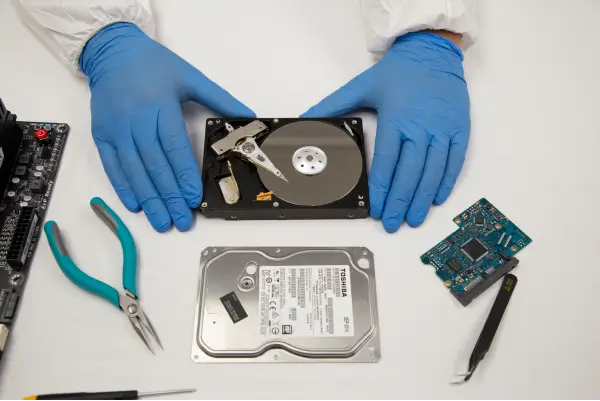Everyday phone and computer users are not the only ones who are worried about privacy. Police departments are staying secure by encrypting their communication through radios and police scanners. While this trend has been ongoing for a few years, some departments are just beginning to transition to the new system.
How Does the Process Work?
Encryption is when plain text data is translated into something that appears to be meaningless. The only way to decrypt the information is to use an encryption algorithm. The key used to encrypt the data is also the solution for decrypting it. Without the key, the information is useless to the person on the receiving end.
For the police, any communication regarding real-time situations or location updates will now only be heard by the receiving officer on the other radio. There are two types of encryption:
- Tactical: communication channels involving drug enforcement, gang enforcement, stakeout, or SWAT
- Full: all radio communication encrypted so no one can hear the day-to-day communication
Citizens with police scanners or scanner mobile apps could usually listen to two-way radio communications to hear the activity of their local law enforcement agency. With encryption becoming the norm, citizens are feeling out of the loop.
Concerned Citizens Feel a Breach of Rights
Many residents, especially in rural towns, consider listening to police scanners a hobby. They believe it is the public’s right to know what is happening in their own town, especially if there are dangerous circumstances. Their points of argument are:
- Lack of police transparency
- Citizens with information relating to an overheard crime can’t relay information to the police
- Limits accountability
Journalists also feel personally attacked since they use police scanners to know what is happening in the community for the next day’s story. With encrypted communication, they must rely on police press releases on incidents that took place, putting the power in the hands of law enforcement. They argue that the encryption is infringing on their first amendment rights. While some news organizations are dealing with a lack of information, other news outlets have been given a specific scanner that can decrypt the messages over the radios.
Some citizens were understanding of tactical encryption for larger scale cases with SWAT teams or drug busts but were adamant about preventing full encryption to keep the local scanners open.
Law Enforcement Response
The reason that police officers give for the encrypted radio waves lies in the idea of safety. Their main point is that criminals monitor police scanners so that they can pinpoint the officer’s location, thus avoiding an arrest. Without public access, the police have a greater chance of apprehending a criminal.
Their other point of concern was the safety of the citizens they protect. Many times citizens don’t report illegal activity in their neighborhood to police for fear of the lawbreaker finding their identity and seeking revenge. The encryption would make citizens feel safe in reporting suspicious activity.
34 states already have some type of full police encryption. While the majority of police scanners will be silent for the public, fire, EMS, and other public safety organizations will still have open communication.
Securing Sensitive Information
Though citizens are crying out for transparency, some things you do not want people to see. Our line of SecureDrives protect your personal information and sensitive documents with military-grade hardware encryption. They are FIPS validated storage devices, ensuring your security every step of the way.












